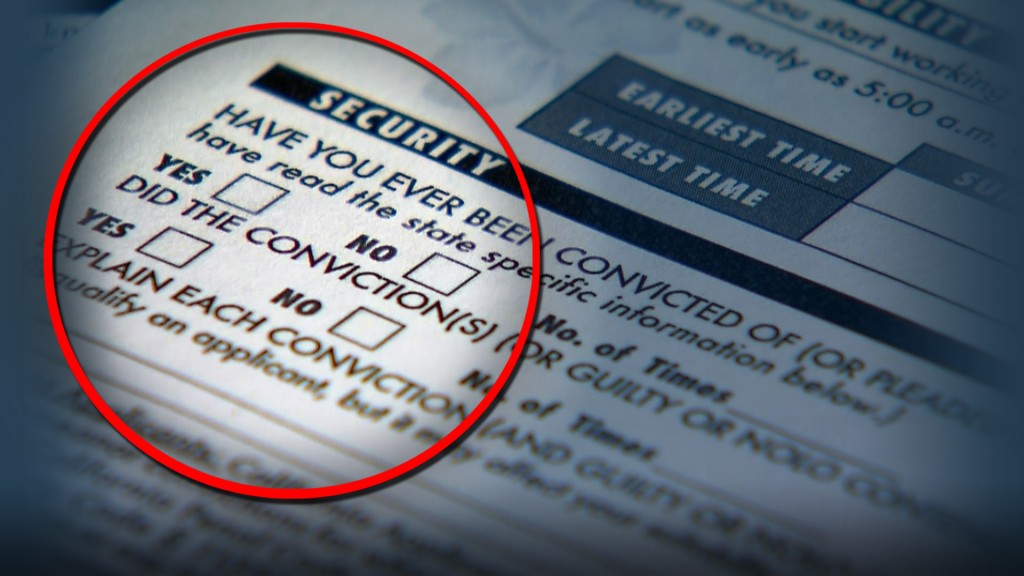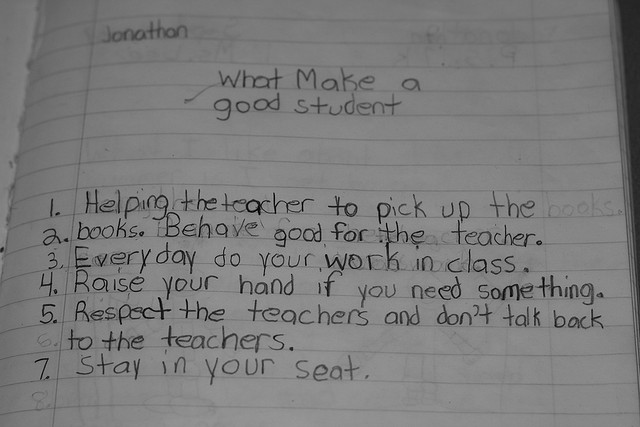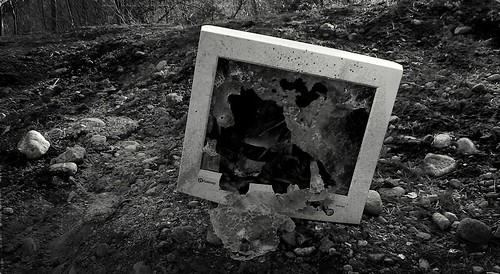As noted by Harvard sociologist Devah Pager, experimental evidence indicates that the presence of a criminal record reduces one’s application callback likelihood by 50% for whites and 64% for African Americans. To potentially mitigate this employment discrimination, 23 states have adopted “ban the box” policies—the removal of the criminal history question on first-round job applications. However, a pesky question remains in the minds of many employers: do felons make good employees?
National Public Radio’s Planet Money Podcast, hosted by Keith Romer, asked Pager how felons fare if they gain employment. To get at the answer, Pager has been studying felon enlistment in the military (5,000 enlistees between 2002-2009 had felony records). She finds that those with felony records are no more likely to get kicked out before the end of their term than their clean-record counterparts. In fact, those with felony records are not only promoted faster, they are also promoted to higher ranks. Pager contends that “employers are probably missing a lot of talent when they exclude people with criminal records” (notably, with few exceptions, the military is not currently accepting felons). Because it is often so hard for ex-cons to get a job, they seem to work particularly hard to keep that job. Overall, Pager’s evidence appears to show that steps to “ban the box” will bring qualified applicants rather than unwanted mischief to employers.










